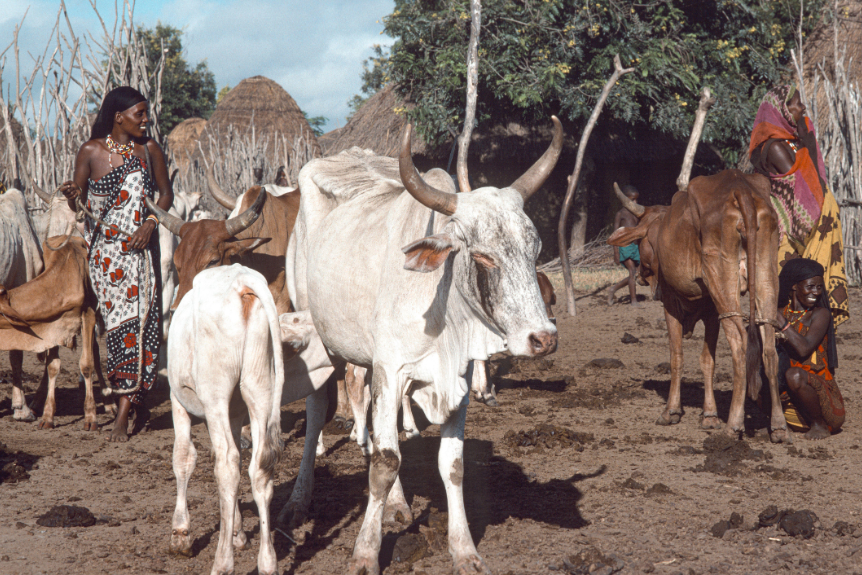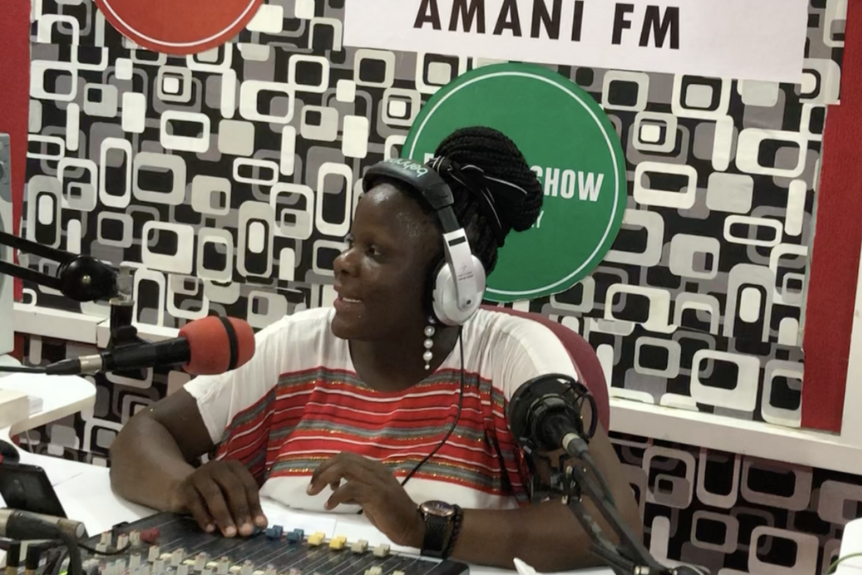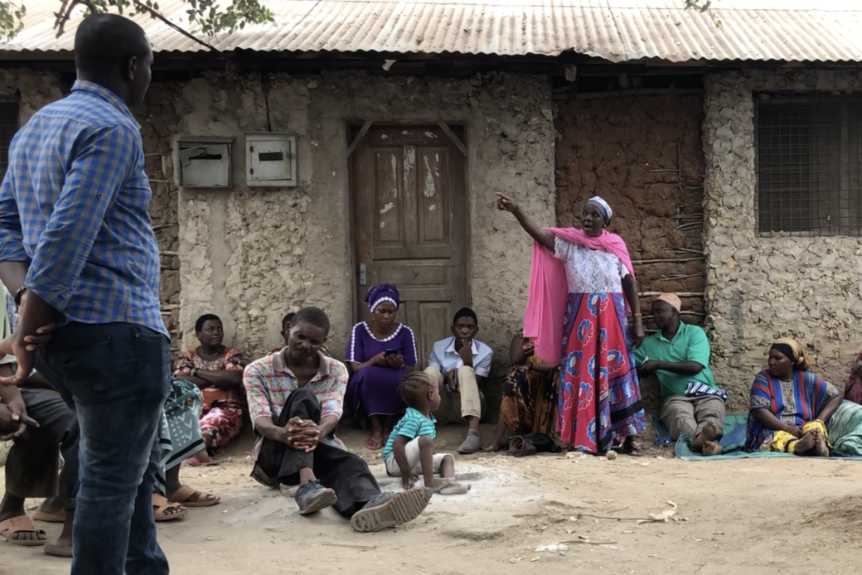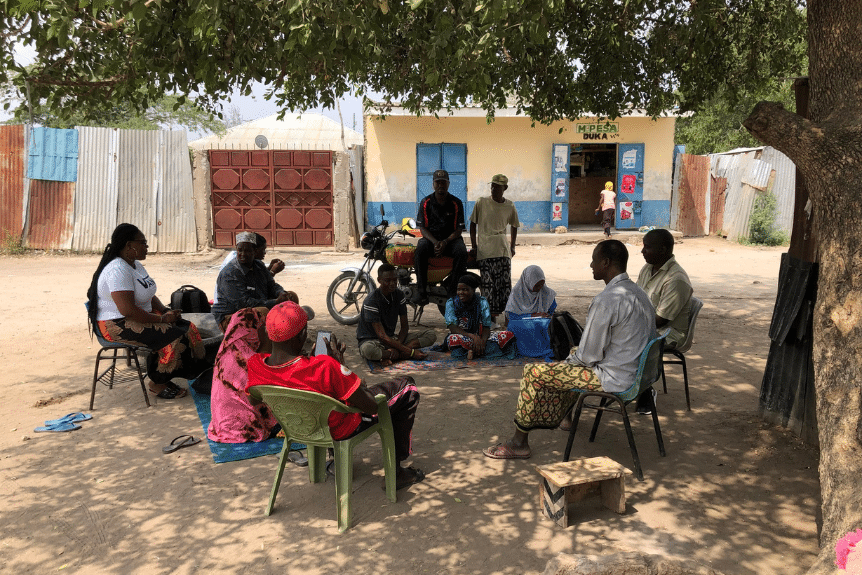Imagine fearing for your life while simply travelling to and from the river, but this journey had to be made. Imagine having to walk a much longer route to get to water for bathing, cooking, washing, drinking, and for your cattle because the alternative could be fatal. For decades, this was life for the Orma and Pokomo people groups along eastern Kenya’s Tana River County.
From living waters to deadly disputes
The Tana River County gets its name from Tana River, the longest river in Kenya and a source of life for Kenyans. Residents living along or around the river can be seen bathing or washing in its caramel-coloured water. Nairobi residents get most of their water and power from the river. Pokomo farmers along the river rely on it for their crops. The semi-nomadic Orma people group also depends on the river to water their cattle.

The Ormas are semi-nomadic cattle herders living in the Tana Delta.
But the river has become a source of deadly conflict. As corporations and organisations took up the hinterland, the Orma were forced to move closer to the riverbank, where the Pokomo stayed. Longer droughts meant the Orma needed the river more, and hungry cattle meant increased crop raids. The Pokomo, on the other hand, were squeezed into smaller areas of land when dams displaced thousands of families. The clans also believe that political power equates to land ownership, and this tension is played out during elections.
Centuries ago, the elders of these two people groups would peacefully meet to negotiate the use of the land and river. But not today. Since the '90s, the two clans have had large-scale ethnic clashes. “Many lives have been lost – women, children and cattle,” Filikita Jillo (Fili), station manager of FEBC’s partner Vox Radio shared.

Amani FM (‘Peace’ in Swahili) promoted peace on its radio programs. The station is now called Vox Radio.
Hate Speech Havoc
Hate speech perpetuated by the media didn’t help. Words like ‘we’ and ‘they’ promoted enmity, not peace. Accusations without facts increase animosity. One group will accuse the other of diverting water supplies for their own ends. Another village will claim to be the original landowners. Murmurs of land grabs fan the flames of unfounded fear. That is, until Vox Radio stepped in.
The only radio station in the lower Tana River area (where the clashes happened) recognised that stories have the power to shape people’s relationships with the world and influence how groups behave. They started to share stories that fostered positive change and revealed current issues that caused the divide.

A team from FEBC's partner out listening to the community’s fears and concerns.
Peacemaking
Through radio programs, training, and dialogue centred on peace, the peacemakers started changing the tide. “We were doing a lot of training on-air and in person. We had discussions with religious leaders, youth, and clan elders. We also trained journalists,” Fili explained.
In addition, the station, formerly called Amani FM (Swahili language for ‘Peace’), ran SMS broadcasts where misinformation was corrected and hate speech was discouraged. They organised road shows, had focus groups, and featured stories on their on-air programs, all talking about peace. “Peace, peace, peace, peace, peace. We were always talking about peace. That is how we overcame the violence,” Fili elaborated.
After five years of sowing nothing but peace, communities are now finding common ground and communicating despite conflicting narratives. Vox Radio has been officially recognized as ‘heroes’ in spreading peace in Tana River County. “Previously, people from one village could not visit another. Now, they can sit down together and there have even been intermarriages,” Fili rejoices.
Join us in bringing God's kingdom to communities. Join us in peacemaking. Donate now.

